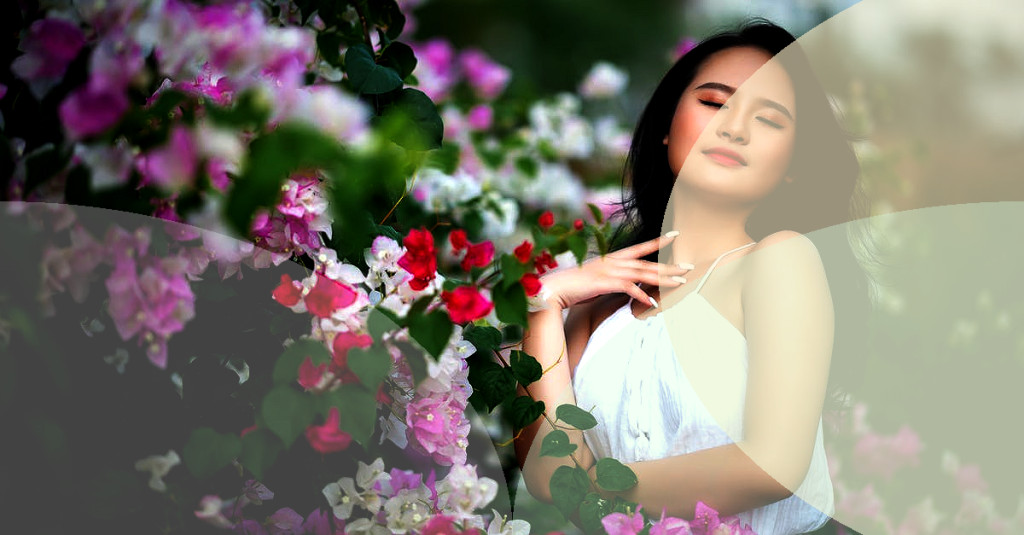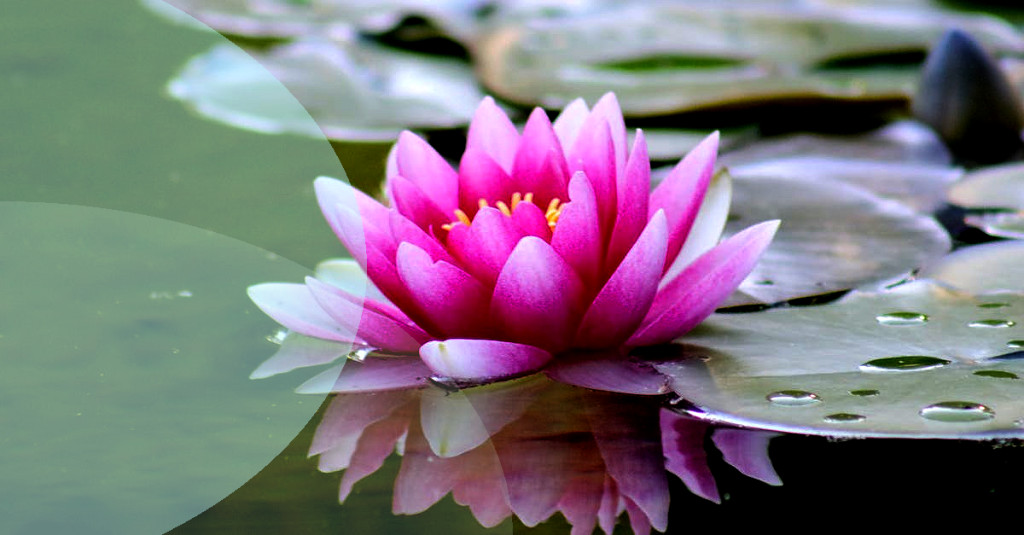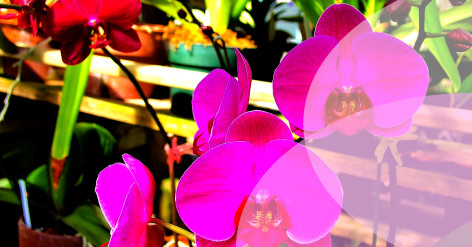How to Create a Garden That Attracts Beneficial Wasps

Worry Not, Welcome Wasps!
Discover how to turn your green space into a veritable haven for these natural predators and enjoy a healthier, more balanced ecosystem.
Understanding the Unsung Heroes of the Garden

When we say the word 'wasp', many of us instinctively cringe, picturing aggressive creatures that ruin picnics and cause painful stings. But not all wasps are created equal. In fact, many types of wasps are beneficial for both your garden and the larger ecosystem. These wasps keep pest populations in check, pollinate flowers, and even provide food for other wildlife. So, how can we attract these winged warriors to our gardens? Let's delve into the world of beneficial wasps and explore how to create a welcoming environment for them.
Planting the Right Plants
Before we start putting plans into action, it's essential to understand the nature and habits of beneficial wasps, such as parasitic wasps and solitary wasps. These non-aggressive insects prey on pests that damage your plants, playing a vital role in the garden's biological control system.
Offering a Home Sweet Home
Flowering plants produce nectar and pollen that adult wasps need for energy. Consider planting a variety of native flowering plants to provide food sources throughout the season. Angelica, dill, yarrow, and parsley are particularly promising choices. Don't forget to include plants like Aster, Goldenrod, and Joe Pye weed that bloom late in the season to feed wasps in the fall.
A Liquid Treat

Create a welcoming habitat for wasps by leaving some areas of your garden untidy. Stack a small pile of logs or hollow stems, as they provide perfect nesting sites for many species. Solitary wasps prefer sandy areas or bare soil to dig their nests, so consider leaving a section of your garden untouched.
Care for Your Garden, Care for Your Wasps
Provide a shallow water source for wasps to drink from, especially in the warm summer months. Bird baths, pebble-filled dishes, and shallow bowls all make excellent watering spots.
Setting the Table for Beneficial Wasps
Avoid the use of pesticides and insecticides, which can harm beneficial wasps and other 'good' insects. Use organic pest control methods as much as possible, and remember â a few aphids in your garden is a small price to pay for a squad of pest-eating wasps!
A perfect garden buffet for wasps incorporates a range of different foods. Encourage their predatory behavior by ensuring there are pests for them to feed on. It's a double win for you â attract beneficial wasps and eliminate garden pests!
As the saying goes, 'if you build it, they will come'. By creating a garden that attracts beneficial wasps, youâre helping to foster a thriving, balanced ecosystem. Embrace your new wasp allies and enjoy the range of benefits they bring to your garden, from xeriscaping to pest control. And remember, these heroes of the garden aren't out to ruin your outdoor fun â they're too busy taking care of your plants!
Planting the seeds of knowledge and effective management are key to attracting beneficial wasps to your garden. So, why not start today? Transform your garden into a haven for these beneficial insects and join the ranks of eco-conscious gardeners.





